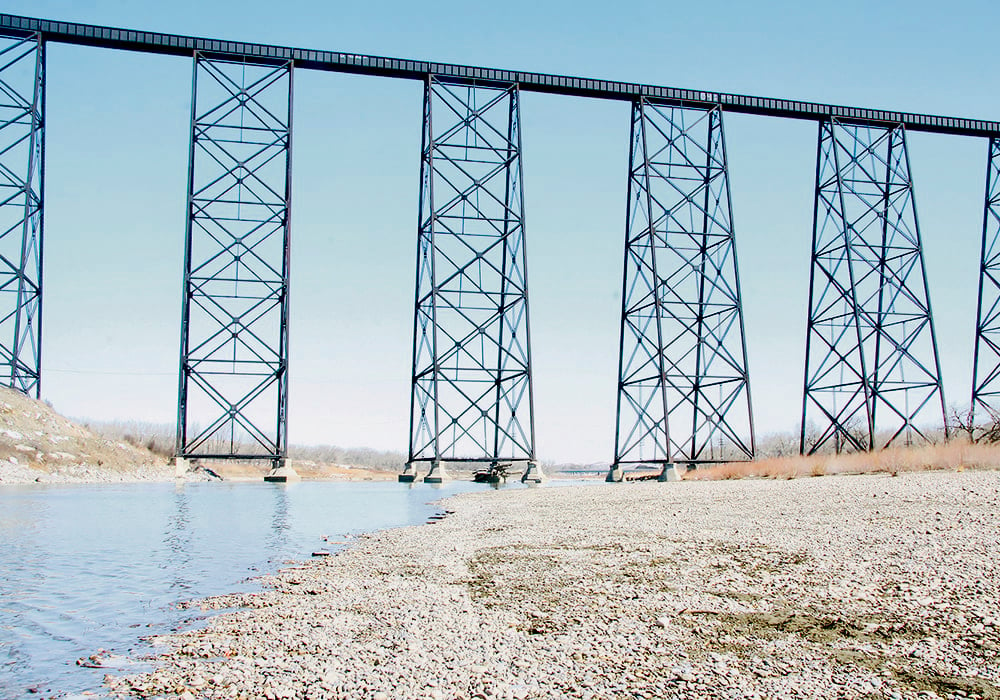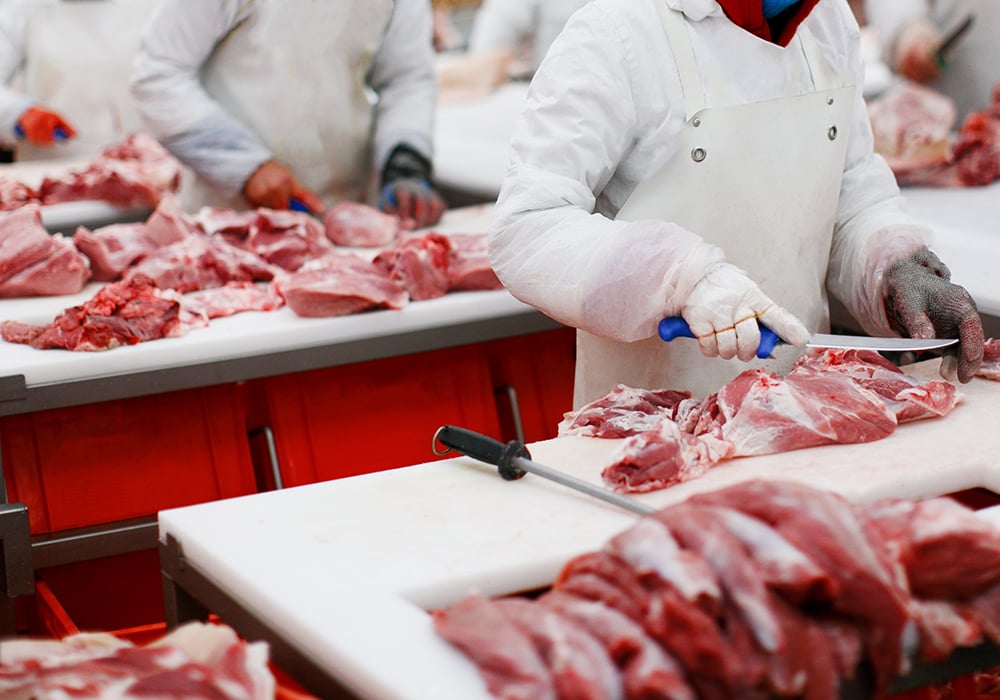Opinion: ‘Wait and see’ is not a climate solution

Fifty years ago, on a moonless night in the Fraser Canyon of British Columbia, I was trudging back to camp. As I crossed a railroad bridge, I heard the wail of a train whistle ricocheting through the canyons behind me.
Read Also

Ontario beef producers frustrated by delays in resolving SRM issue
A resolution demanding action on specified risk materials received mixed reactions at the Beef Farmers of Ontario annual general meetingFeb….
I couldn’t judge the distance between train and bridge, nor how far along the bridge I had progressed, nor how far I had to go, nor how high I was above water or, more likely, rocks. But standing still was not on. Crouch-running, with a hand on one rail and motivation multiplied, I moved over unevenly spaced ties with toes up. I escaped.
The approaching train of my youth was certain and my uncertainty was in not knowing how to dodge it. The approaching ecological and climate crisis that amplifies weather variability may seem uncertain because we do not know what specific weather will happen, when it will happen and where it will happen.
However, disruptions and disasters, including loss of human lives, will happen in many places at many times and can no longer be dodged.
Using uncertainty about the ecological and climate crisis as an excuse to wait and see is bad for business, bad for farming and bad for health. To mitigate unwelcome surprises, it is practical to act now based on what we already know and adapt as we learn more.
If you doubt climate scientists, pay attention to the Insurance Bureau of Canada and other insurers who assess increased risks of weather-related disasters. They will not insure some force majeure risks at all.
As ecological overshoot gathers steam and its impacts come closer, we can choose to use scientific evidence to ascertain how to mitigate overshoot and how to adapt to soften impacts.
Misguided ads such as “Crave More” and the apparent certainties of required economic growth with excess energy consumption and extraction could give way to “more fun, less stuff”, a system that aims for healthy human communities on a thriving planet.
Farmers might ask about the conditions of natural habitat and biodiversity, clean water availability and soil organic matter levels on fields when their great-grandparents farmed. What are they now? How can they set an example so their children, grandchildren and great-grandchildren will maintain or improve these conditions?
Many farms are or will be in the same family for seven generations, and in addition to making a profit, their viability depends on high soil organic matter levels, clean available water and dynamic biodiversity.
Consumers might ask what their great-grandparents ate, how they conserved, avoided waste and practised cultural values. How can today’s consumers avoid processed food with excess fat, salt and sugar? How is a simple, seasonal, tasty and nutritious diet integrated with community engagement so descendants will have sufficient food to survive with dignity?
All of us might ask how we can use less energy, reduce our material requirements, lower our debts and live respectfully with our relations. Will we educate ourselves and others with reports from organizations such as The Intact Centre on Climate Adaptation, aimed at de-risking the negative impacts of a changing climate?
Spiritual, cultural, artistic or personal values, to be meaningful, must be integrated into daily living, within realistic ecological limits. In the golden rule — do unto others as you would have them do unto you — the “others” should extend to non-humans.
Rachel Carson, author of Silent Spring, said “the more clearly we can focus our attention on the wonders and realities of the universe around us, the less taste we shall have for its destruction.”
As in any strategic planning exercise, our greatest contributions to reconciling with ecological and climatic uncertainty may be to decide what we will stop doing.
– Ralph C. Martin, Ph.D., is a retired professor from the University of Guelph.
Source: Farmtario.com

